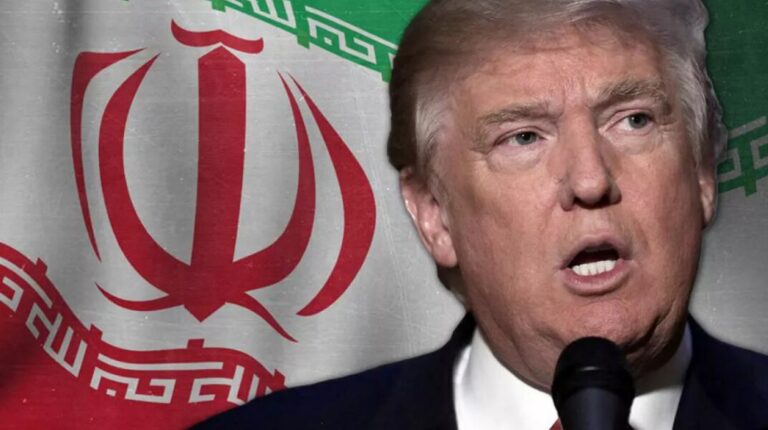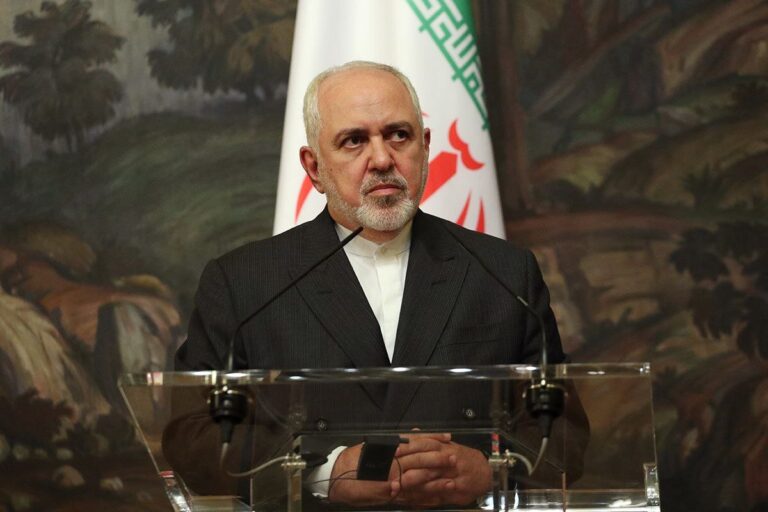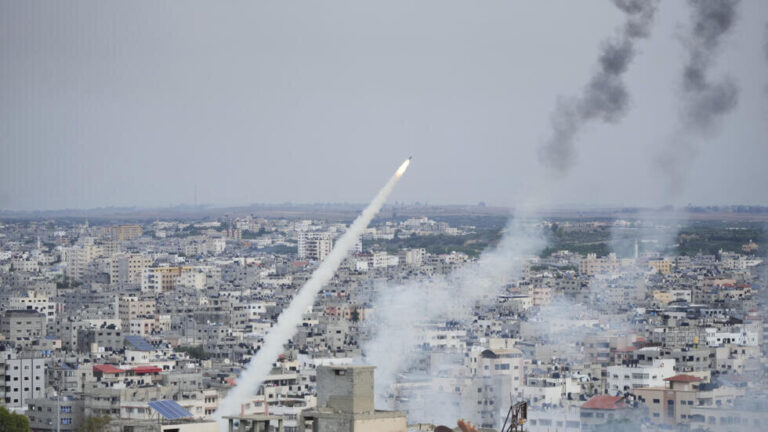Pakistan Minister Reveals: 130 Nuclear Warheads and Missiles Aimed at India
In a significant escalation of diplomatic tensions, Pakistani Railway Minister Hanif Abbasi has made alarming threats against India, emphasizing the seriousness of Pakistan’s military capabilities. This comes in the wake of India’s recent decision to suspend the Indus Water Treaty, following a tragic terror attack in Pahalgam that resulted in the loss of 26 lives. The situation between the two nations has become increasingly strained, as both sides navigate through a complicated web of historical grievances and security concerns.
Abbasi’s statements reflect the heightened anxiety surrounding regional security, particularly regarding nuclear capabilities. He asserted that Pakistan’s missile arsenal, which includes the Ghori, Shaheen, and Ghaznavi missiles, is specifically aimed at India. Furthermore, he claimed that Pakistan possesses approximately 130 nuclear warheads, which he insists are maintained exclusively for potential conflict with its neighbor.
The Pakistani Minister’s remarks were made in direct response to India’s actions, which he characterized as provocative. He stated that if India were to stop Pakistan’s water supply, they should “prepare for a full-scale war.” This declaration underscores the gravity of the situation, as water resources have long been a contentious issue between the two countries.
Here are some key points from Abbasi’s alarming declarations:
- Nuclear Readiness: Abbasi emphasized that Pakistan’s nuclear weapons are not for show; they are strategically positioned across the country and ready for deployment if necessary.
- Military Preparedness: He reiterated that the military equipment and missiles at Pakistan’s disposal are intended for actual use and not merely for display purposes.
- Strategic Messaging: The Minister indicated that Pakistan’s ballistic missiles are specifically targeted at India, serving as a stark warning about the potential consequences of escalating tensions.
- Response to India’s Actions: Abbasi’s statements came after India suspended the 1960 Indus Waters Treaty and revoked visas for Pakistani nationals, actions he interpreted as signs of India’s growing awareness of the repercussions of their policies.
Abbasi’s threats have sent shockwaves throughout the region and drawn international attention to the precarious state of affairs between India and Pakistan. The history of conflict between these two nuclear-armed neighbors only heightens concerns about the potential for miscalculation and escalation.
Following the Pahalgam attack, which deeply affected both nations, India took decisive steps that included the suspension of the treaty that governs the sharing of river waters between the two countries. This treaty, established in 1960, has long been viewed as a cornerstone of Indo-Pak relations despite ongoing disputes over its implementation. The implications of India’s recent actions are profound, as they threaten to exacerbate an already tense situation.
The Indus Waters Treaty has been a critical framework for managing water resources in the region, and its suspension could lead to dire consequences for Pakistan, which relies heavily on these water supplies. Abbasi’s remarks suggest that Pakistan views any disruption in water flow as a direct act of aggression, likely to provoke a strong military response.
In light of these developments, observers are closely monitoring the responses from both nations. The international community is also urged to engage in dialogue to de-escalate tensions and encourage peaceful resolutions to these disputes. The stakes are incredibly high, with the potential for conflict impacting millions of lives.
In conclusion, the statements made by Minister Hanif Abbasi highlight the fragile nature of peace in South Asia. With both India and Pakistan possessing nuclear capabilities, the need for diplomatic engagement and conflict resolution has never been more critical. As tensions rise, the global community must advocate for dialogue and understanding to prevent a catastrophic escalation.






